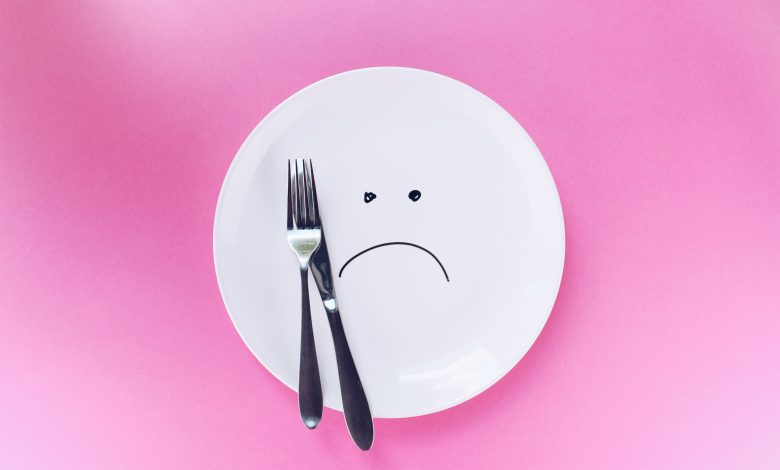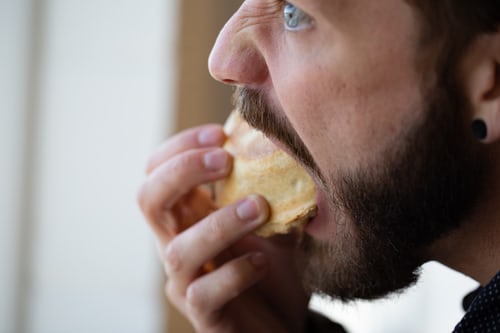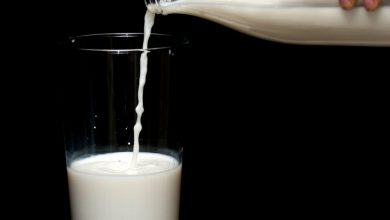
Busting the Myth that Overeating Causes Obesity
How scientists got the Calories-in equals Calories-out equation backward
Defining the Positive-Caloric Balance Hypothesis
Anyone that has attempted to lose weight, particularly fat, has heard that calories-in must be less than calories-out. It is essential to understand that this common-sense principle of weight loss rests on an equation that is based on the First Law of Thermodynamics or known as the Law of Energy Conservation. This law says that energy is neither created nor destroyed. When applied to the human body and food consumption, this means that the food we eat will be either stored, expended, or excreted. Further, the law implies that bodyweight must equal the difference between the calories we eat and the calories we spend.
In short, the equation is: Change in energy stores (fat) = Energy intake – Energy expenditure. Nearly all of obesity and weight loss philosophy rests on this equation. However, while the law may be true, it is often presented to the public backward.
For a person to get fat, it is theorized, they need to have a positive-caloric balance. This will be referred to as the Positive-Caloric Balance Hypothesis.

Cause and Effect are Confused
What happened was that cause and effect had been confused since about the 1940s. Most scientists studying obesity assumed that overeating was the cause of obesity. But the equation is just an equation, and that equation does not recognize what causes the law to be valid. The only fact is that the First Law of Thermodynamics is true, but not what causes it to be true.
This might seem complicated, but it is critical to realize that the equation can be viewed in the opposite direction and still be correct mathematically. Humans might be driven to get fat because of changes in our fat deposits. Simply, a problem with our fat storage system causes us to overeat. Scientists have understood the arrow of causality backward.
The other interpretation of the equation is known as The Hormonal Hypothesis of obesity. The Hormonal Hypothesis proposes that if the fat storage system malfunctions, it causes humans to eat more, move less, and have less energy. The more fat we carry lowers our metabolism and makes us slower. Yet, despite the evidence in animal models, most nutritionists hold to the assumption that overeating is what causes humans to move less and have less energy. In many ways, the prevailing wisdom of the weight loss industry allows experts to blame people for being lazy and lacking willpower when standard starvation and exercise diets fail to successfully provide short or long term weight loss.

Lack of Willpower does not Cause Obesity
If The Hormonal Hypothesis of obesity is taken seriously, that it is problems with fat storage that cause overeating, this suggests willpower has nothing do with losing or gaining weight. TV shows like the Biggest Loser hammer contestants over the use of willpower. If the contestant can just be mentally strong, they can lose weight. Trainers on the show behave more like psychologists than personal trainers. Using exhausting exercise, the trainers mentally taunt the contestants until the contestants have an emotional breakdown and reveal some-past psychological injury. The trainers explain to the contestants that this past psychological injury is what causes them to turn to food for comfort. The show reinforces the mistaken belief that contestants simply have a lack of willpower.
But this belief in willpower only holds if overeating food indeed causes obesity. Follow-up studies of the Biggest Loser contestants demonstrate that most of them gain all the weight back, plus more, even if they still exercise extensively.
Unfortunately for people that try but fail to lose weight through starvation and exercise, the guilt of failure can cripple future attempts to lose fat. It is a vicious cycle for the person trying to lose weight. However, the weight loss industry profits from its lack of success, perversely ensuring an endless stream of obese patients and profits.
The Dysfunction in Fat Storage
It was through the work of the scientist Jacques Le Magnen in the mid-1970s that showed the hormone insulin was the main culprit of disfunction in fat storage.
Through a long series of tests on rats, Le Magnen established that rats’ normal eating patterns meant that fat slowly accumulated through the day as rats ate, and then the fat was used as the rats slept at night. If rats had enough food, they lost hunger and only ate once hungry again.
Le Magnen showed that the hormone insulin disrupted rats’ normal eating behaviors. As the science journalist Gary Taubes explains in his book Good Calories, Bad Calories, “when Le Magnen infused insulin into the rats, it lengthened the fat-storage phase of their day-night cycle, and it shortened the fat-use phase at night.” In short, insulin made the energy from food go into the rats’ fat cells and then made that fat unavailable.
Rats and humans are not the same, but our insulin systems work in the same ways. Humans gain fat from eating foods that unnaturally cause our insulin system to remain elevated for long periods of time. Because our fat systems are taking in energy longer than usual, this creates low blood sugar, which triggers hunger, and causes us to eat more food. Too much insulin is a hormonal imbalance that affects our fat cells. High insulin is the cause of our fat storage to malfunction.

Fixing the Broken Fat Storage System
The fat storage system malfunctioning due to unnatural doses of insulin can be fixed. Avoiding foods that cause high spikes in insulin is the best start. The Glycemic index is an excellent place to start to find the most insulin-producing foods. Once insulin is controlled, hunger will dissipate, and energy will increase as the body can now tap into fat reserves again. If a person has a lot of fat, it means that if they can access that fat, they will have more energy. This is a net positive because, with more energy, people will expend more energy in exercise and movement.
For over a century, the blame for obesity has been wrong. Fat people have been stigmatized for lack of willpower. But the only choice that people who want to lose weight have to make is to choose to avoid processed carbs and sugar. The body can take care of the rest.



